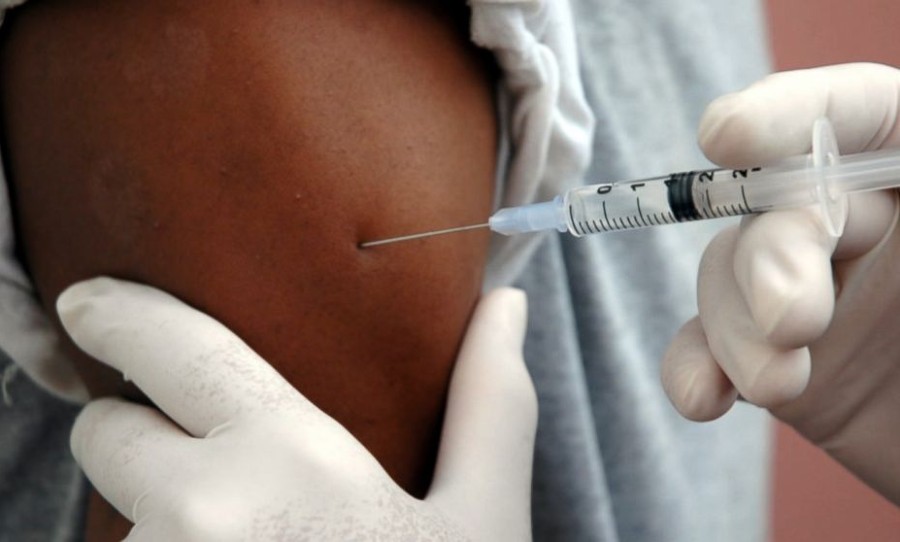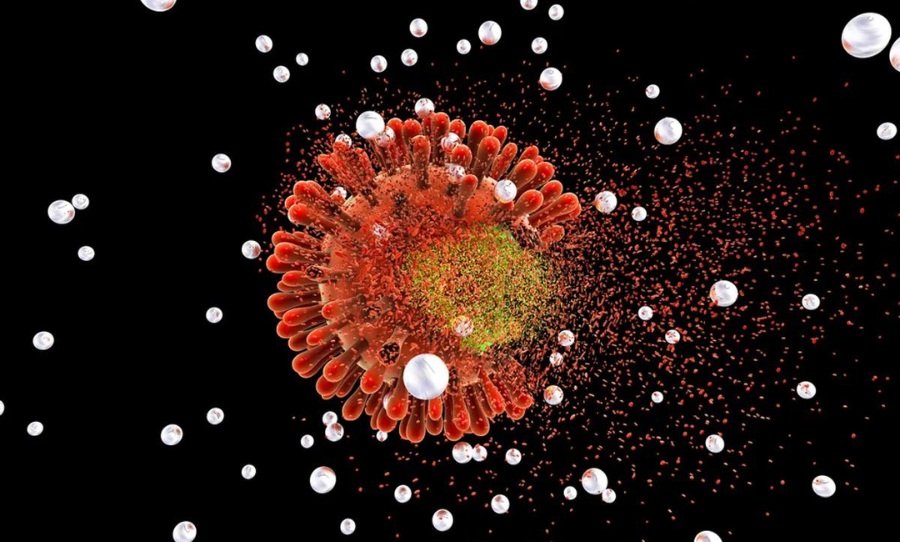A recent MIT study suggests that COVID-19 vaccines may be less effective for Black and Asian recipients due to a lack of diversity in trials.
While Moderna, Pfizer, and AstraZeneca are raising hopes that the pandemic will soon be over, a study from the Massachusetts Institute of Technology (MIT) has raised concerns about the effectiveness of COVID-19 vaccines – especially when it comes to Black and Brown people.
It comes as less than half of Black Americans have reportedly said they would take a vaccine if it were available to them and follows on from a history of medical racism in America.

Testing discrepancy in COVID-19 vaccines
After the initial human trials, Moderna reported its vaccine to be 94% effective in preventing COVID-19 transmission, whilst Pfizer reported 95% effectiveness and AstraZeneca reported 70%.
Yet, using AI intelligence and industry-grade technology, in their recent study, MIT researchers found that nearly 10% of Asian participants didn’t respond strongly to the vaccine, whilst the same applied for only 0.5% of white participants.
MIT study: Moderna, Pfizer, AstraZeneca and other vaccines may not do as well covering people of Black or Asian genetic ancestry as they do for white people https://t.co/n1shnNga88
— Tim Mak (@timkmak) December 4, 2020
According to the study’s senior author Davis Gifford, the findings suggest that “people of Black or Asian ancestry could have a slightly increased risk of vaccine ineffectiveness.”
The MIT researchers believe that the lack of diversity in trials may have led developers to calibrate the vaccine to a specific gene pool – the white gene pool in particular.
What’s the solution?
Whilst the study may suggest a worrying variance of effectiveness across race, MIT suggests that by supplementing a vaccine dose with a “small number of additional COVID-19 peptides” (strings of amino acids that make up proteins, which in turn make up a coronavirus) it could make up for the disparity.
“The study’s results highlight longstanding trends in health care” and clinical trials, Health IT Analytics notes.
Minority groups are often underrepresented in medical testing, making it uncertain how vaccines and drugs will affect them. This is particularly troubling in the coronavirus pandemic, as Black and Brown folx have been disproportionately affected and hospitalised by the virus.
You may wonder why it matters to have diverse representation in medical trials, seeing as we are all part of the human race. But growing medical research has shown that medicine can produce different results based on races, genes, socioeconomic, and environmental dynamics. Medical research has stressed that these factors need to be accounted for in clinical trials.
“[It] risks a double tragedy: racial inequality in deaths from COVID-19 and potential racial inequality in vaccine uptake.” – Professor Sophie Harman, Queen Mary University
Why some UK Black and ethnic minorities fear the vaccine https://t.co/raXsBPEpbZ pic.twitter.com/iE5ZxKB0E4
— Al Jazeera English (@AJEnglish) December 8, 2020
“The expanding discipline of pharmacogenetics has taught us that we may respond differently than other races to both medicines and vaccines,” retired pulmonologist Dr Larry Graham told NBC News.
Whitewashing in the medical industry
In America, Black people are 3 times more likely to die of COVID-19 than white people – mainly because of health-care disparities, preexisting conditions, and higher exposure in jobs deemed essential. Black children are disproportionately affected by school shutdowns, and Black workers have been devastated by pandemic-related job losses.
Fearing a vaccine because Jenny McCarthy and Rob Schneider told you to? Totally irrational.
Fearing a vaccine because of hundreds of years of medical exploitation of Black bodies? Absolutely rational.
Let’s not put the two fears on equal footing.
— 🎅🏿Imani Gandy Cane🎅🏿 (@AngryBlackLady) December 7, 2020
Now, fewer than half of Black Americans have said they would get the coronavirus vaccine, compared to 63% of Latinx people and 61% of white people, according to a December report from the Pew Research Centre.
Many Black people have reported they do not trust the American medical institution because of gross inequities in modern health care, as well as an insidious history of medical mistreatment. Unfortunately, the circumstances surrounding the new COVID-19 vaccine do nothing for this perception.
Shaming Black people for not wanting to get the COVID-19 vaccine or saying they have responsibility to do it is counter-productive & denies their lived reality of scientific racism & government oppression.
— Kim Gallon (@BlackDigitalHum) December 3, 2020
Let’s hope that they can work quickly to make the incoming vaccines more effective for everyone, no matter their skin colour.



